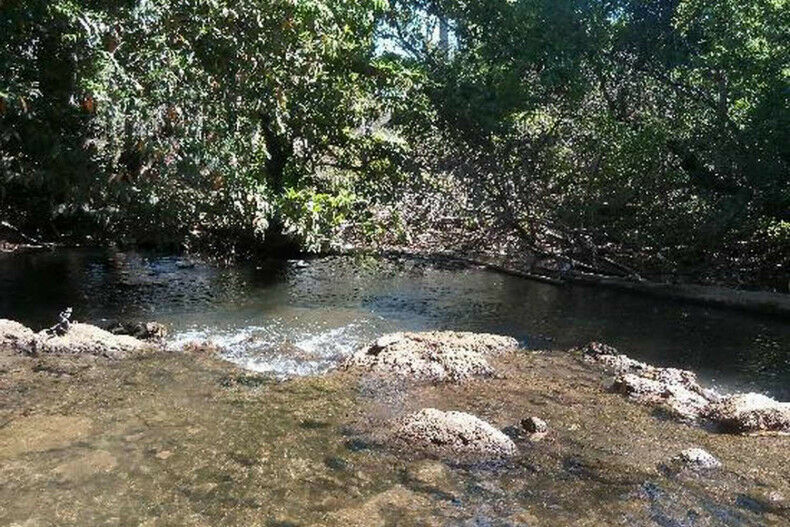Central Thailand: Residents demand urgent action as lead pollution threatens Klity Creek

Long-suffering residents of Klity Creek in Thong Pha Phum district are reaching their breaking point as they intensify their fight against lead pollution.
Petitioning the Pollution Control Department (PCD), these fed-up villagers demand action to eradicate the lingering toxic sediment, amounting to a staggering 800,000 tonnes, still plaguing their community. The apparent failure of the PCD’s much-hyped rehabilitation programme has ignited a fierce call for a more effective solution.
In a bid to protect their health and environment, the villagers are adamant that the remaining toxic sediment, if left unattended, will continue contaminating the creek. A resident, Sathaporn Thongphaphumpattawee, emphasised the urgency.
“This means that toxic sediment upstream is being washed downstream, so we want the PCD to get rid of this sediment and rehabilitate the environment as quickly as possible.”
The roots of this environmental crisis trace back to a Supreme Administrative Court order in January 2013, instructing the PCD to clean up a 12-kilometre stretch of Klity Creek contaminated by lead discharged from a now-closed plant, owned by Lead Concentrates (Thailand). The pollution, stemming from mining operations upstream, had prompted 22 Klity village residents to file a case in 2004.
Despite the PCD reportedly investing a substantial 700 million baht in a rehabilitation programme spanning from 2017 to 2022, criticism mounts over the inadequacy of their cleanup efforts. Human rights lawyer Surapong Kongchantuk, closely monitoring the case, revealed the PCD’s failure to properly dispose of the toxic sediment. Instead of using a dedicated facility, the department merely relocated and buried the lead-contaminated sediment in forests upstream, accounting for less than 1% of the total.
Surapong expressed grave concerns, warning that unless the toxic sediment is appropriately handled, lead-contaminated water could wreak havoc on both public health and the environment. The contaminated water, flowing downstream into the Mae Klong River, a crucial water source for Kanchanaburi and Bangkok, poses a potential threat to the Gulf of Thailand, reported Bangkok Post.
Siwakorn Wichianpreuat, director of Kanchanaburi’s environment office, has announced that the PCD will be summoned to clarify its rehabilitation programme. Anticipation looms as the community awaits the department’s response within the next two weeks.
“Based on the petition, the toxic sediment remains despite the court-ordered cleanup and rehabilitation. The PCD will be asked to explain what it has done so far.”
Latest Thailand News
Follow The Thaiger on Google News:


























